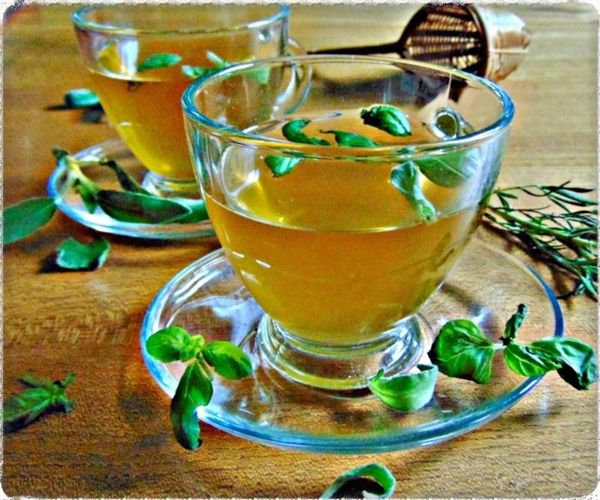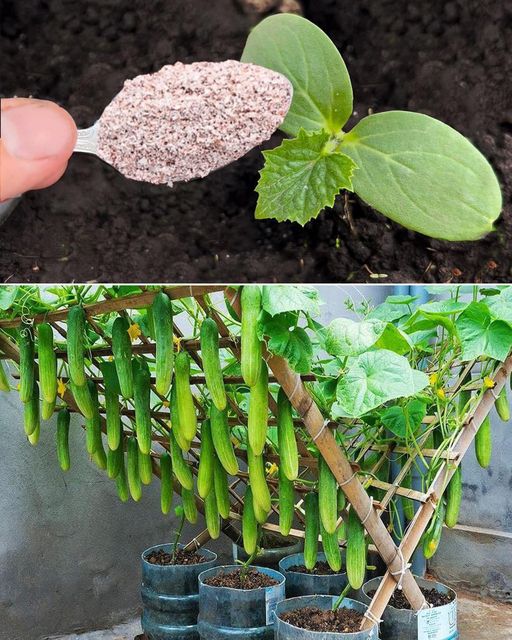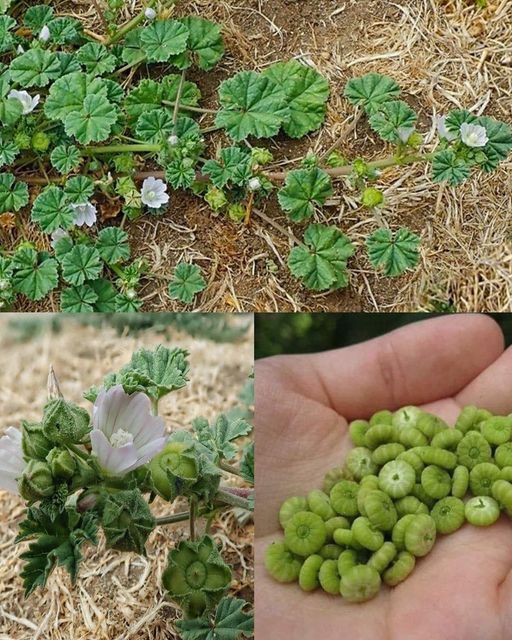
In the vast garden of nature’s most beneficial herbs, basil stands out as a versatile and potent herb. It is cherished not just for its aromatic flavor in culinary delights, but also for its impressive array of health benefits. This fragrant herb, often associated with Mediterranean cuisine, is a powerhouse of wellness. Let’s dive into the wonderful world of basil tea and discover how this humble herb can be a delightful addition to your daily routine, promoting health and vitality.
The Healing Virtues of Basil
Basil, with its lush green leaves and distinct aroma, is a treasure trove of health-promoting compounds. It is celebrated for its ability to support respiratory health, making it a friend to those dealing with lung issues, asthma, or bronchitis. The herb’s anti-inflammatory and antibacterial properties contribute to a stronger immune system, helping fend off infections, coughs, and colds.
But the benefits of basil extend beyond respiratory wellness. It is also known for its role in heart health and the potential to prevent kidney stones. Basil offers relief for various types of pain, including arthritis discomfort. Packed with essential vitamins A, K, C, and B6, along with minerals like magnesium, manganese, potassium, and iron, basil is a nutritional powerhouse that supports overall health and well-being.
Brewing Your Basil Tea
Embracing the benefits of basil is as simple as brewing a comforting cup of tea. Here’s an easy and quick recipe for making your own basil tea at home:
Ingredients:
- Fresh basil leaves (a handful) or 1-2 teaspoons of dried basil
- Hot water (1 cup)
- Optional: honey or lemon for flavor
Instructions:
-
Prepare the Basil: If using fresh basil leaves, gently wash and pat them dry. Roughly tear the leaves to release their essential oils.
-
Steep the Basil: Place the fresh or dried basil leaves into a cup. Pour hot water over the leaves and cover the cup with a saucer to trap the steam and essential oils.
-
Let It Brew: Allow the tea to steep for about 5-8 minutes, depending on how strong you prefer your tea.
-
Strain and Serve: Strain the tea to remove the leaves. If desired, add a teaspoon of honey for sweetness or a squeeze of lemon for a tangy twist.
-
Enjoy: Sip your basil tea slowly, relishing in the herb’s warmth and the multitude of health benefits with each comforting cup.
In conclusion, basil tea is more than just a soothing beverage. It’s a cup filled with the essence of health and healing. By incorporating this simple yet powerful tea into your daily routine, you’re not just nurturing your taste buds but also fortifying your body’s natural defenses and promoting overall well-being. So why not let the magic of basil leaves infuse your life with wellness and vitality, one cup at a time?




